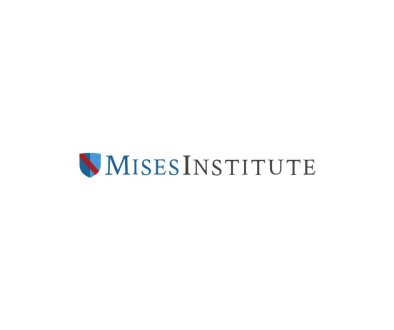Augustine the Saint
It has long been a commonplace among commentators of the Confessions that the first nine books are about Augustine’s ardent search for truth, leaving reflections on its meaning for the remaining four books. In other words, now that he’s determined to cleave to Christ, to commune with Him in the most intimate way in the life of the Church, certain implications follow which Augustine is only too eager to flesh out over the course of the final number of books.
Putting it another way, one could say that while the first nine tell the story of his conversion, including the major bumps along the way, the last four focus on various applications thereof. For instance, the use of memory (Book X); the problem of time (Book XI); unpacking Genesis (Book XII); further exposition of Genesis (Book XIII).
Meanwhile, with Book IX what we have is a description of everything that has happened to Augustine since his conversion. These are the events of real and compelling importance which transpired in the immediate period following his dramatic turn to God, to Jesus Christ, and to the Church He founded, of which there are several worth taking a look at.
Two of them, by the way, happen almost at once, beginning with Augustine’s resignation as a teacher of Rhetoric, followed by his retirement to the country for a life of prayer and study. Concerning the first, his professorial post, he writes to the people of Milan, “notifying them that they must find another vender of words for their students.” And the
Article from LewRockwell

LewRockwell.com is a libertarian website that publishes articles, essays, and blog posts advocating for minimal government, free markets, and individual liberty. The site was founded by Lew Rockwell, an American libertarian political commentator, activist, and former congressional staffer. The website often features content that is critical of mainstream politics, state intervention, and foreign policy, among other topics. It is a platform frequently used to disseminate Austrian economics, a school of economic thought that is popular among some libertarians.




